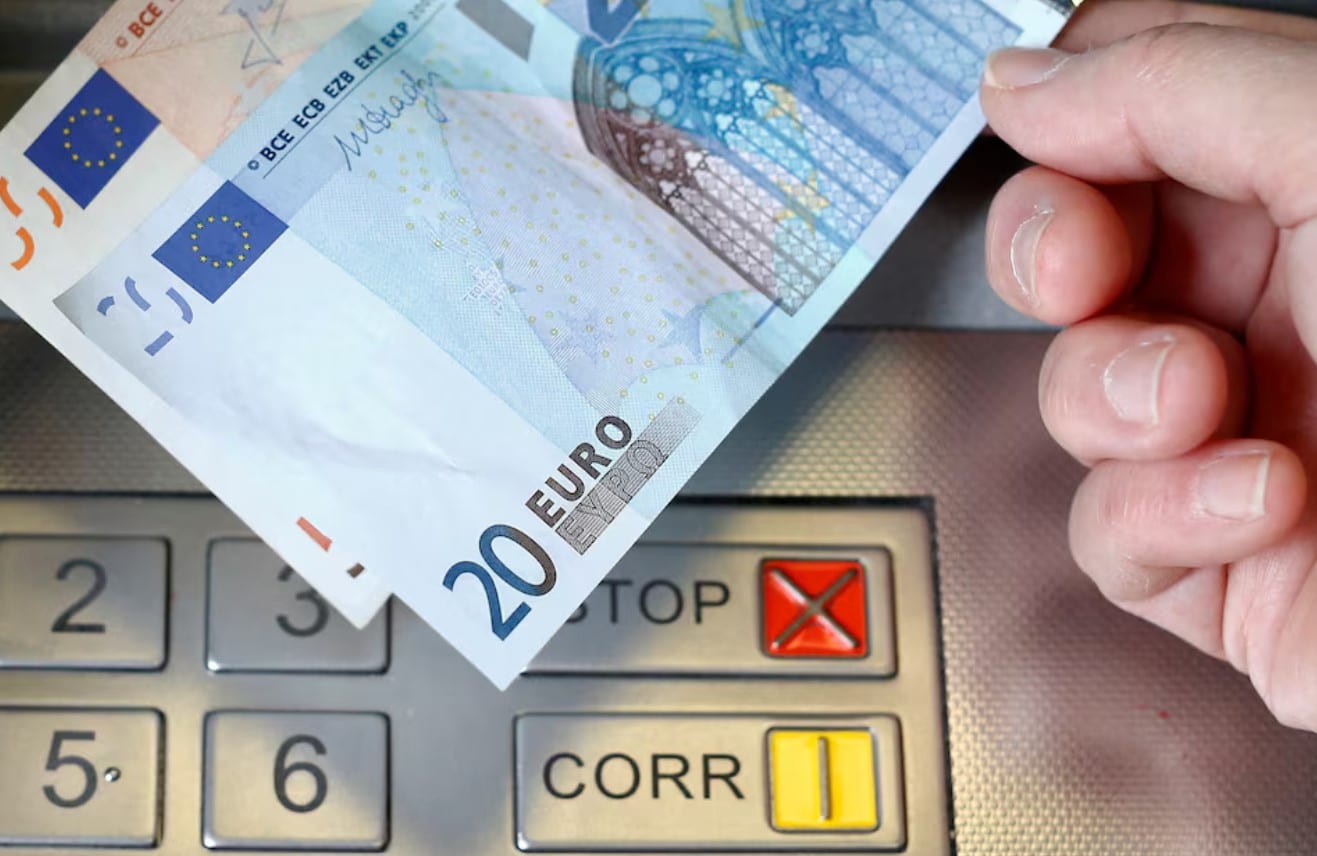Autonomous Research has adopted a more cautious stance towards Greek bank stocks, saying that the market has already priced in much of the sector’s positive story.
According to the independent research and analysis firm, Eurobank is the only major Greek bank that still shows a meaningful upside potential of around nine per cent, while valuations for the rest are considered either fully current or slightly overvalued.
Following a recent field trip to Athens, the firm noted that the Greek banking story has entered a phase of maturity, with valuations now reflecting a large part of the positive picture.
Although meetings with bank management teams and institutional stakeholders highlighted stable macroeconomic prospects and solid profitability, Autonomous Research remains reserved about the upside potential of the shares.
The firm maintains an Outperform rating for Eurobank, with a target price of €3.82.
It holds a Neutral stance for National Bank of Greece at €13.40 and for Piraeus Bank at €7.30, while it keeps an Underperform rating for Alpha Bank with a target of €2.76.
Based on current market prices as of October 16, the potential upside stands at nine per cent for Eurobank, one per cent for National Bank, two per cent for Piraeus Bank, and a negative twenty-one per cent for Alpha Bank.
This reflects the firm’s view that the market has already discounted most of the positive developments.
The report notes that net interest income is stabilising, with prospects for a mild recovery from 2026 onwards.
Bank executives estimate that corporate spreads are narrowing by six to seven basis points per quarter, reflecting improved country risk and intensifying competition in the market.
Non-interest income continues to strengthen structurally through asset management and bancassurance, while net lending growth in 2025 is expected to remain conservative, driven mainly by projects financed through the Recovery and Resilience Facility (RRF), which can cover up to fifty per cent of the value of each investment.
In terms of capital policy, bank management teams confirmed their intention to distribute more than fifty per cent of net profits.
For National Bank of Greece, the payout ratio could reach as high as sixty per cent, subject to approval by the Single Supervisory Mechanism (SSM).
Autonomous Research observed that the supervisory authority appears more inclined to selectively approve mergers and acquisitions rather than higher dividends, a factor that could influence banks’ strategies in 2026.
At Alpha Bank, the partnership with UniCredit is viewed as successful, with strong momentum in co-underwriting and joint placements, although the firm remains cautious due to valuations.
Eurobank stands out due to its strong presence in Cyprus and Bulgaria, where the adoption of the euro in 2026 is expected to add about €20 million to net interest income.
The acquisition of Eurolife by Fairfax, which holds an eighty per cent stake, is projected to deliver a return of between twelve and eighteen per cent by 2027.
For Piraeus Bank, the full benefit from the acquisition of National Insurance is expected to materialise after 2028, with a target Common Equity Tier 1 (CET1) ratio of thirteen per cent and a fifty per cent payout ratio.
On the macroeconomic front, meetings with the Ministry of Finance and the Public Debt Management Agency (PDMA) indicated a continued decline in public debt, cash reserves of around €46 billion, and a bond spread lower than Italy’s by about seventy basis points, with a goal of converging towards Portugal’s levels.
The Finance Ministry estimates that investments will add about 1.5 percentage points to GDP growth in 2026, while future credit rating upgrades will depend on institutional reforms, primarily in the judicial system.
Autonomous Research concludes that the Greek banking story “remains fundamentally attractive” but with limited re-rating potential following the strong rally of 2024-2025.
Investor interest, it adds, is now shifting from valuations to capital distribution strategies and banks’ ability to convert excess capital into sustainable growth.






Click here to change your cookie preferences